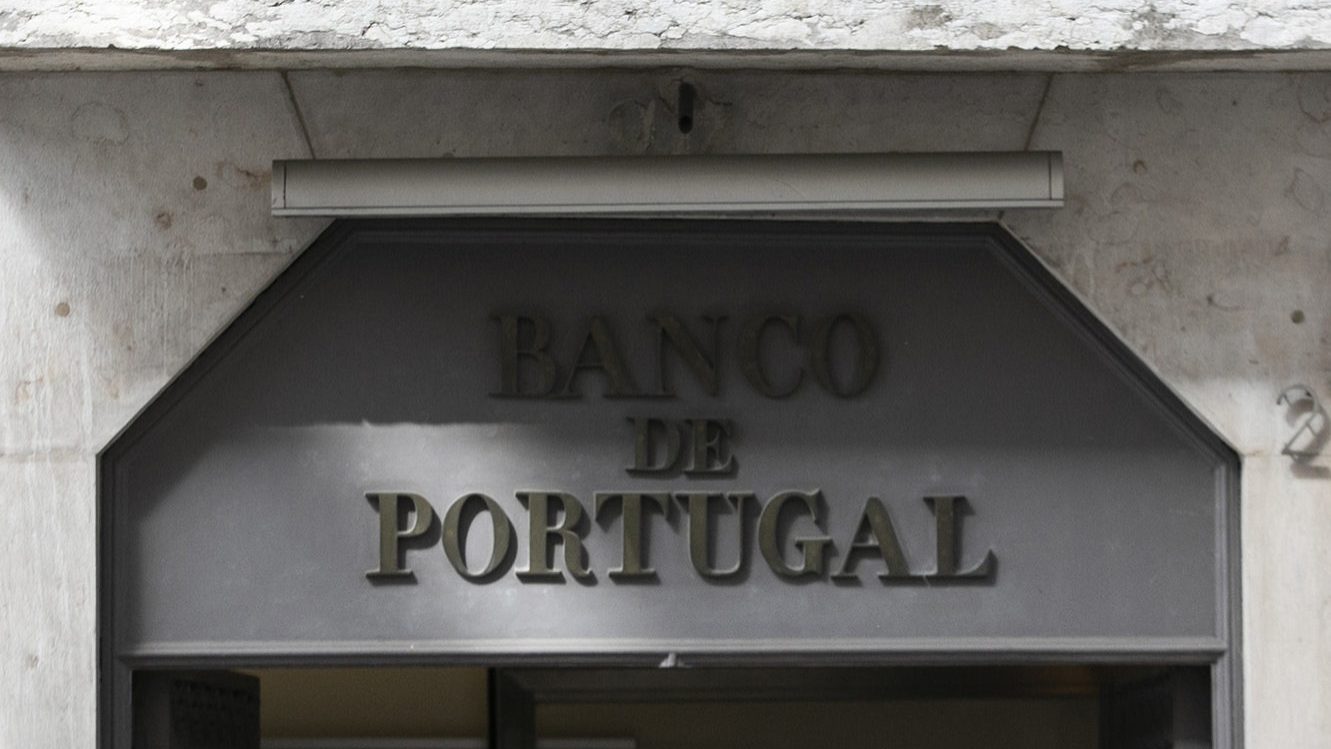Trade agency launches online ‘accelerator’ to help e-commerce exporters
Aicep offers a diagnosis that allows companies to understand whether or not they are prepared for the new digital side.
The Portuguese Agency for Investment and Foreign Trade (Aicep) is launching the accelerator of online exports on Tuesday, a tool that uses artificial intelligence and aims to help companies create a plan for digital internationalization.
“This is a tool that uses artificial intelligence for those interested in investing in e-commerce exports,” said Luís Castro Henriques, president of Aicep, in the pre-presentation of the online export accelerator.
We have identified “more than 3,000 ‘marketplaces’ that can be used” by companies, “but what we consider to be of greater importance for Portugal are around 250,” he said.
In other words, this tool “will provide, using artificial intelligence, an integrated service so that companies can prepare themselves and enter, above all, these 250 markets”, explained Luís Castro Henriques, stressing that it is necessary for companies to have the “clear notion” that ‘online’ entry “is very similar to that of a new foreign market”, as it requires the same degree of preparation.
E-commerce “has assumed a preponderance in the pandemic scenario which is very relevant.”
The president of Aicep also cited data to show the potential of e-commerce, which was accelerated in the period of the Covid-19 pandemic.
“Nasdaq expects that by 2040 we will have 95% of transactions in ‘e-commerce'” and there is also “an estimate that by 2019 it will represent more than 14 billion dollars in the world and 12 of those 14 billion are B2B,” that is, e-commerce between companies.
Through the accelerator of ‘online’ exports, companies can access digital market recommendations tailored to their profile and can create a digital internationalization plan accompanied by Aicep.
With this new functionality, the Portugal Exporta portal is “complete”, said Aicep’s administrator, João Dias, stating that after the ” machine has been refined” with “value-adding content”, it will be the turn to focus on attracting companies to this platform.
“When we are talking about ‘e-commerce’, we are not only talking about B2C, of selling to the final consumer, there is here a B2B dimension, in this context of fairs, the presence in these digital ‘marketplaces’, international fairs where partners meet, is absolutely critical”, he underlined.
João Dias pointed out that a branch that has grown “immensely” over the last few months in the online market has been the health sector, with medical equipment, as well as construction materials.
E-commerce is a “great opportunity for our SMEs to take advantage of this potential”.
“In a first phase, this year, our objective is that all those [companies] that have interacted with us in the ‘e-commerce’ field – already well over 1,000 – can take advantage of these services immediately”.


